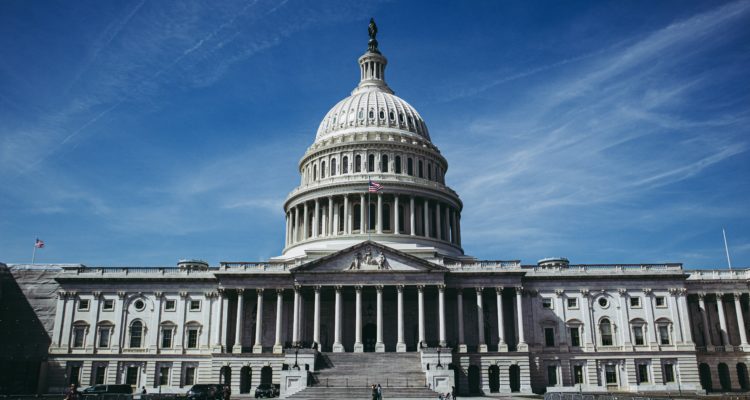In 2023, composites will remain a solution to many of the problems Washington is looking to address. This includes providing components for green energy and hydrogen programs, lightweighting and electric vehicles, and more. Our products are already being used to secure and make our electrical grid more durable in response to storm damage and other threats.
Green energy, climate change and sustainability will remain core parts of the Biden administration agenda as a new Congress begins to take shape. While the message will sound familiar, changes in Washington will mean changes to the administration’s policymaking strategy.
Republicans narrowly control the House of Representatives after a midterm election that was far more competitive than many predicted. With Republicans using the House to push their message, the Biden administration will no longer be able to pass large pieces of signature legislation like the Bipartisan Infrastructure Law, the CHIPS and Science Act or the Inflation Reduction Act. All of these bills impacted U.S. manufacturers, and all had provisions benefitting our sector.
ACMA will continue to keep members informed regarding myriad programs created under these laws. Many of these programs have onerous requirements in order to capture the full benefit. ACMA is working to update members on these requirements as they are announced.
Instead of legislation, the administration will be looking at policymaking that can be done without moving legislation through Congress. This could mean through executive orders that don’t require legislation and through issuing regulations.
As we move into this new paradigm, we expect to see the administration continue to take a hard look at federal procurement rules, a process it began in 2022. The Biden administration spent a considerable amount of time last year rolling out its “Buy Clean” initiatives across all federal procurement. This has created a challenge for our industry, as many federal contracts now require Environmental Product Disclosures.


